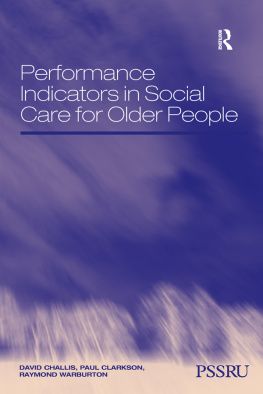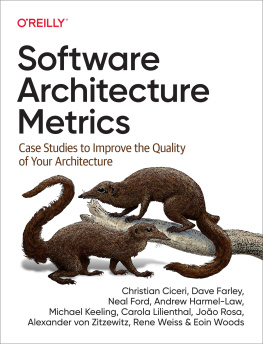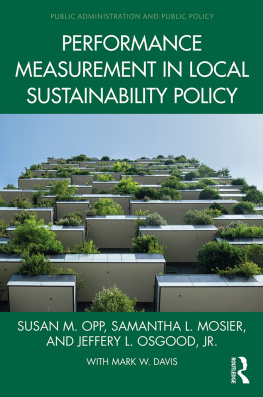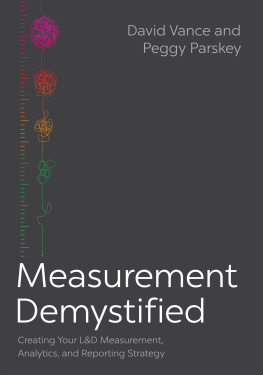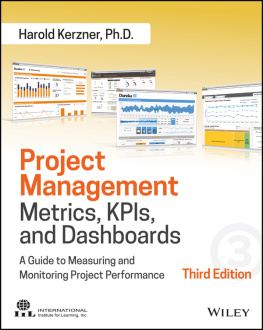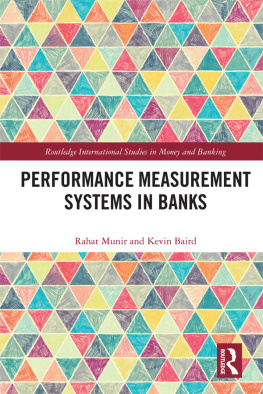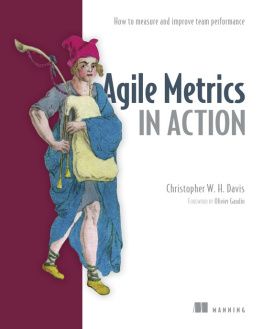SAGE Publications Ltd
1 Olivers Yard
55 City Road
London EC1Y 1SP
SAGE Publications Inc.
2455 Teller Road
Thousand Oaks, California 91320
SAGE Publications India Pvt Ltd
B 1/I 1 Mohan Cooperative Industrial Area
Mathura Road
New Delhi 110 044
SAGE Publications Asia-Pacific Pte Ltd
3 Church Street
#10-04 Samsung Hub
Singapore 049483
Guy Redden 2019
First published 2019
Apart from any fair dealing for the purposes of research or private study, or criticism or review, as permitted under the Copyright, Designs and Patents Act, 1988, this publication may be reproduced, stored or transmitted in any form, or by any means, only with the prior permission in writing of the publishers, or in the case of reprographic reproduction, in accordance with the terms of licences issued by the Copyright Licensing Agency. Enquiries concerning reproduction outside those terms should be sent to the publishers.
Library of Congress Control Number: 2018967740
British Library Cataloguing in Publication data
A catalogue record for this book is available from the British Library
Editor: Natalie Aguilera
Editorial assistant: Eve Williams
Production editor: Katherine Haw
Copyeditor: Neville Hankins
Proofreader:
Indexer: Guy Redden
Marketing manager: George Kimble
Cover design: Sheila Tong
Typeset by: C&M Digitals (P) Ltd, Chennai, India
Printed in the UK
At SAGE we take sustainability seriously. Most of our products are printed in the UK using responsibly sourced papers and boards. When we print overseas we ensure sustainable papers are used as measured by the PREPS grading system. We undertake an annual audit to monitor our sustainability.
About the Author
Guy Reddenis Associate Professor in the Department of Gender and Cultural Studies at the University of Sydney. His research in the field of cultural economy centres upon the diffusion of contemporary economic rationalities through media, popular culture and institutions. A central theme of his work is how patterns of commodification and marketization interact with cultural change and social reform, especially with regard to the broad formative context of neoliberalism. He has co-edited two books and authored or co-authored over 40 articles, most recently in
Television and New Media and
Critical Sociology.
Acknowledgements
Many colleagues at the University of Sydney and beyond have contributed to the shaping of this book whether in corridor chats or more formal fora, or by kindly offering to read material. They are too many to mention but include Ruth Barcan, Liam Grealy, Elspeth Probyn, Tess Lea, Greg Martin and Remy Low. The thoughtful interlocutions of Alan Scott and Mike Bailey were particularly important in helping me form my views. I need to thank staff at SAGE for their acuity, kindness and vision, going back to Chris Rojek and his influence on the formation of the project, and extending to Delayna Spencer, Natalie Aguilera and Eve Williams. And I owe eternal gratitude to Nalinee, Marisa and Ben for giving me space to write this book while also making life so much fun.
The Performance Revolution
In translating activity into numerical values amenable to analysis and decision making, performance measurement (PM) is now integral to contemporary organizations. Its techniques are evident almost everywhere throughout institutional life across the private, public and non-governmental sectors. These techniques shape the working practices of millions of people engaged in otherwise different fields. Monitoring, rating and ranking of processes and outcomes have become normalized, as have claims that the information produced promotes quality assurance, productivity, improvement, accountability and transparency.
As Gregory (1993: 281) notes, the desire to measure performance is not itself new. It is inherent to any organization concerned with the economical creation of value. Many of us are unwittingly involved in performance measurement every day (Spooner 2002: 117). Performance review as a broader category involves a potentially wide range of methods and kinds of information, from direct observation or checking of work by supervisors (Ouchi 1979: 834) to more formalized kinds of periodic reckoning such as appraisal, audits or financial reports (Power 1997). Overall, performance review can be considered the act of asking how well some kind of collectivity or members of it are doing against certain criteria. Managers review those persons and units for which they have oversight. Workers and units review themselves against goals and expectations. Shareholders and analysts review the performance of whole businesses. Governments are concerned with the performance of the overall economy and public services, while international organizations rate entire nations against criteria valued in international governance. It seems somewhat natural that we ask the how well? question if we are concerned with doing a good job.
But while all organizational actors engage in some kind of performance review, my interest in this book is the striking rise and institutionalization, over the last three decades, of systematic measurement. Computing has made the collection and processing of large amounts of performance data cost-effective (Chapman 2005: 2), and more complex data sets have become evermore manageable (Eccles 1991: 134, Marchand and Raymond 2008: 670). Rudimentary interest in quantifying performance has been displaced by extensive elaboration, making it something numerically visible, pervasive and manageable. Before the 1990s performance measurement had little meaning outside a few academic specialisms concerned with modelling specific kinds of human, organizational and financial processes. What then is the social and cultural significance of its transformation into a general organizational practice? In this book, I propose that it is a form of statistical reasoning intimately tied up with social and epistemic developments in the era of its formation an era which has seen a proliferation of metrics, if not the datification of society (Beer 2016), and which demands interpretation of social settings characterized by a high frequency of circulating numbers (Vollmer et al. 2009: 619).
PM could be considered entwined with the broader category of contemporary performance management (Fryer at al. 2009). Although the two should not be entirely conflated, performance management itself the formalization of the desire to improve performance makes much use of data derived from PM (Folan and Browne 2005: 674) and, in reality, performance measurement, performance reporting and performance management are deeply connected in contemporary organizations (Mizrahi 2017: 102). All depend on the idea that the abstraction performance can be mapped and influenced in the multiple forms it may be seen to take. While appraisal directed at individuals and units has been a specific function of human resources since at least the 1960s, the urge to manage performance across organizational dimensions and sites is now fundamental to management itself. The rapid proliferation of PM across institutional domains is nominally down to the fact that it offers a set of principles for quantification of performance that are seen as valid and transferable across contexts. Its principles are general but can be localized, customized and applied to anything. We must ask why and how the need to measure performance has emerged, as well as what ends the practice may serve. However, as it promises nothing less than a means to evaluate how well human individuals and collectives act with social consequences likely to follow we must ask from a critical social perspective suspicious of the positivist tautology that may all too easily suggest performance improves wherever it is measured. We must explore what this means outside of the technical terms often used to define and validate the effectiveness of PM.






